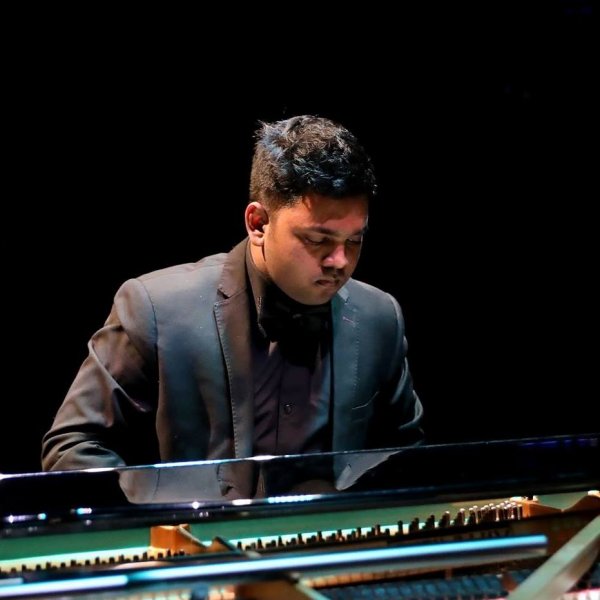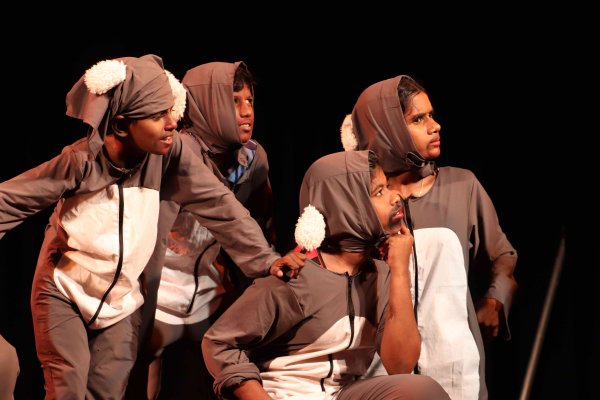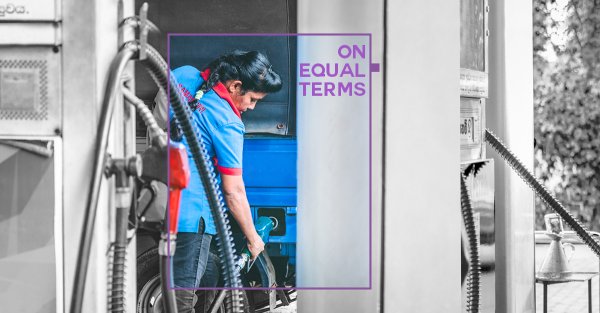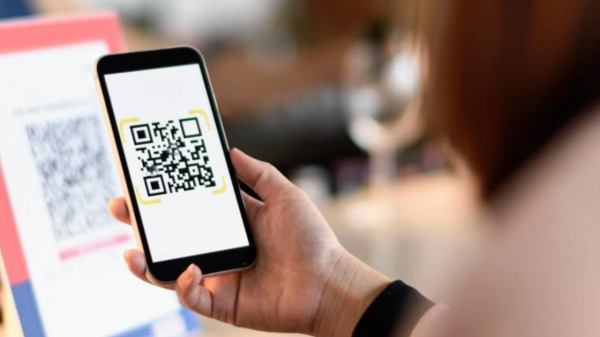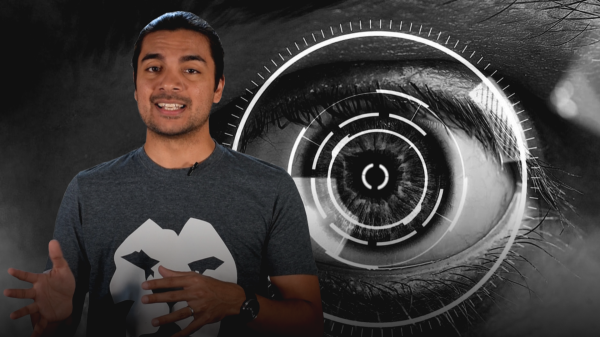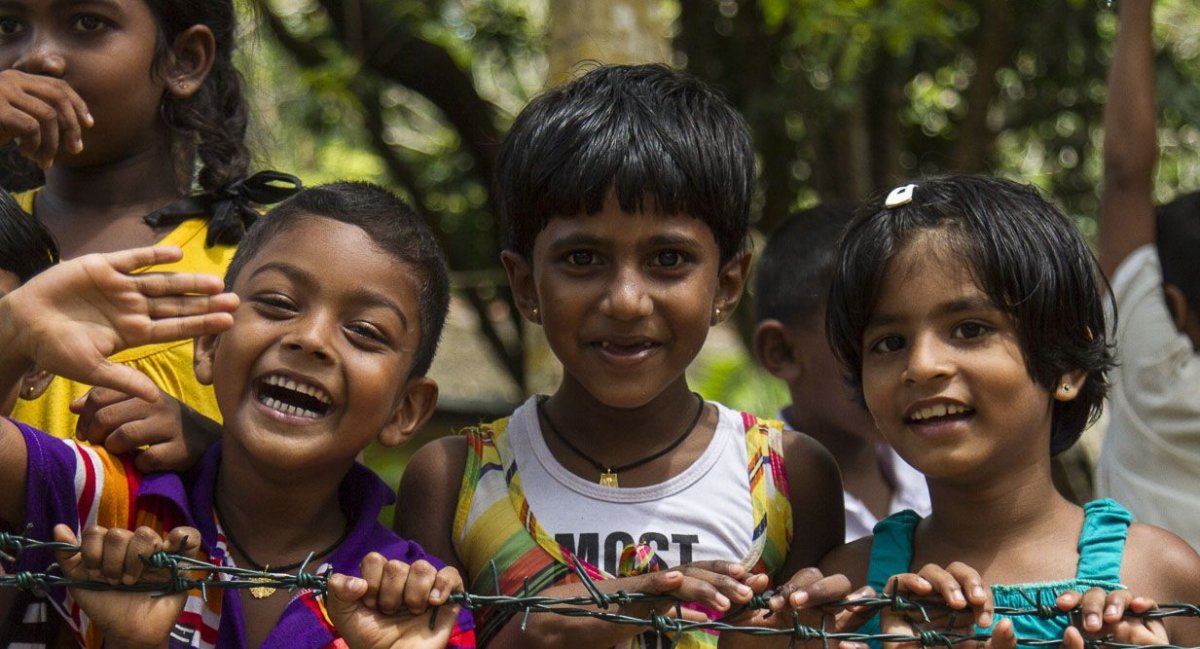
Picture this: a world without discrimination. A hate-free, bias-free existence in which bullies do not beat you up the playground, people do not judge you by the language you speak, and a woman can walk safely down a dark alleyway at night.
It is a blissful picture, but in this age of violence and discrimination, it is also unbelievable to the point of absurdity. In just these past two months, eight men gang-raped and murdered an 8 year old girl in India, at least ten people died in a Texas school shooting, and a man in Kerala murdered his friend over a jak fruit. Feeling detached from these stories? Then look at our own little island, beneath all the sunny beaches and warm smiles; violence, murder, rape and assault jostle each other for headline space, while March saw devastating ethnic violence erupt in Kandy. We are still recovering from the calamitous damage inflicted by a thirty year civil war. Hate and discrimination abound in all its manifestations—gender, racial, economic, religious and sexual.
So back to that peaceful picture; is there actually a chance of achieving it? Could we ever have a generation of open-minded, nondiscriminatory people who treat each other with kindness and respect each other, in spite of differences?
It appears that we just might be able to. All we need to do is start with our children and teach them to ‘think equal’.
What Is Think Equal?
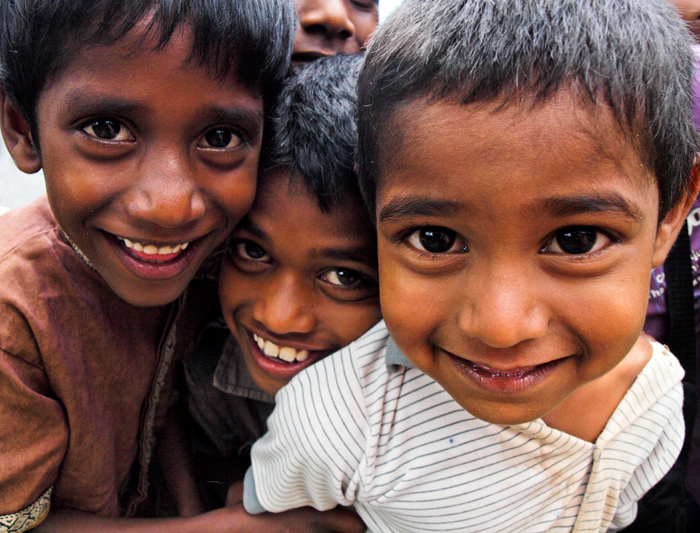
When another little girl pushed Sanduni* in the playground, she did not pick herself up and shove back. Instead, she asked her kindly, “Are you angry? That was not very nice.”
Sanduni is four and a half years old. She enjoys simple things like watching falling raindrops and the sun shining through the leaves of a tree. She sings happy songs when someone feels sad, and never throws tantrums. “She can easily identify her feelings and she knows how to communicate them,” says her mother Milani Salpitokorala, child rights lawyer and founder of the Child Protection Force. “She’s kind to everyone at home, and to other people and children. She adores animals and wouldn’t hesitate to pet a muddy dog on the street and make me bring it some milk and food. She has just become ever so kind and empathetic.”
Sanduni learns under Think Equal, a unique global initiative which aims to empower change through education, and these are all changes which Salpitikorala observed in her daughter since she began the program five months ago.
“It’s amazing to see what she is now after starting the program,” she says. “She has so much empathy and love towards everyone.”
Think Equal operates by introducing that vital ‘missing’ subject—social and emotional learning (SEL)—to children during their early years of education, teaching them simple human values like kindness, empathy, critical thinking and acceptance. The UN-endorsed program focuses on children between the ages of three and five, the period of cognitive development during which they are most likely to form personality, worldviews, values and ideologies.
The initiative was born when the Founder and CEO of Think Equal, Leslee Udwin gathered experts, visionaries and institutions from around the globe—including the University of Yale, Montessori International, Sri Lanka’s National Institute of Education, Roots of Empathy and Sir Ken Robinson—to put together what is now the world’s first curriculum to teach children SEL. The year 2017 saw 147 schools across 15 countries begin the pilot program of Think Equal.
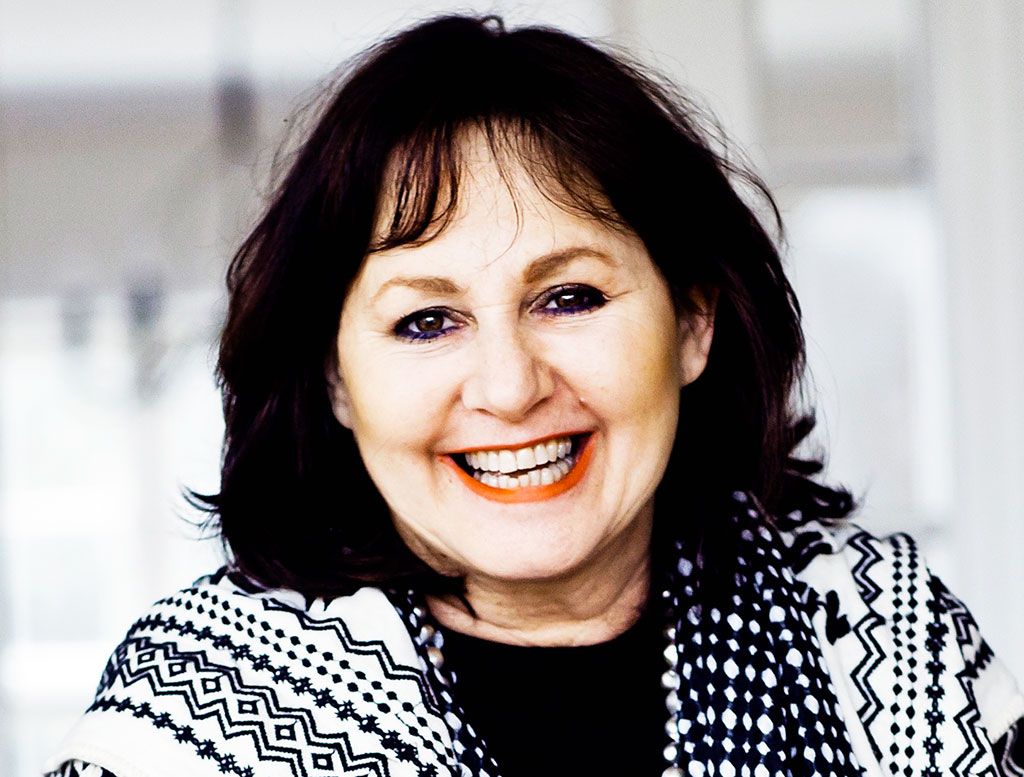
According to Aritha Wickramasinghe, international finance lawyer and one of the founding trustees of Think Equal, the mission of this initiative is to break the seemingly endless cycle of prejudice, hate and discriminatory mindsets which our world is mired in. “What we do is use storytelling, play and song to teach children fundamental human values—to be kind, to think critically and to be able to just sit around a table and solve problems peacefully.”
About The Program; Thinking Equal In Sri Lanka
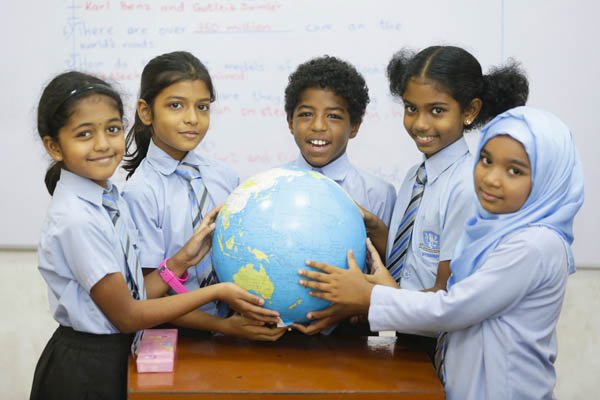
Sri Lanka set the stage for the rest of the world by being the first country to implement Think Equal.
“Think Equal started in Sri Lanka in 2017 with a pre-school pilot,” explains Paba Deshapriya, Lead for Think Equal in Sri Lanka. “As of now, 14 pre-schools have successfully completed the level one syllabus and 16 are currently following the level two syllabus.” They are also planning to rollout the program across the whole island by January 2019.
Paba explains that the pilot interventions have taught them a lot in terms of how to contextualise the programme, and that they are currently collaborating with the National Institute of Education to see how they can best incorporate Think Equal lessons into the existing grade one syllabus. Since the program was piloted in English, they are also planning a pilot in Sinhala and Tamil before establishing it across Sri Lanka.
“The material that we choose for Sri Lanka must be culturally sensitive and applicable, and children need to able to relate to the stories,” she elucidates. “Apart from translating, there is also work to create our own Sri Lankan Think Equal programme which can be implemented over the entire country.”
How Well Is It Doing?
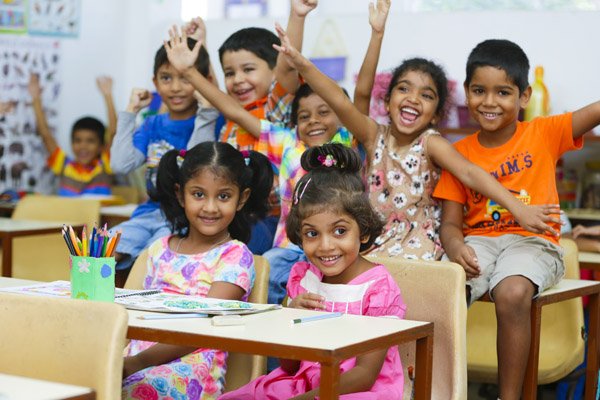
Niro Raddella, coordinator for the Think Equal program for LPF Schools, is full of stories. She tells us of a little girl with a skin ailment who finally learned to accept herself, a boy who wanted to take the classroom’s ‘solution bag’ (a part of a lesson in which children create a story with a character, problem and a solution) home so he could ‘solve’ his parents’ fighting, and students who once looked down on their maids because of their dark skins suddenly seeing them as equals. And the most astounding bit? They are all children of three and four years old.
Raddella cannot emphasize enough on how Think Equal is touching hearts and minds of both the children as well as their parents. “The changes we have seen in the children are amazing,” she says. “We’ve had parents come in asking us what we have been teaching the children because there is such a marked difference in their kids.”
According to Raddella, workshops and training programs are regularly held for educators involved in Think Equal. Teachers are also given clear structured lesson plans, step-by-step guidance plans and all required material. Think Equal officials often visit the schools to check on progress and weekly reports are sent to them for evaluation and assessment. “They make it very easy for us to incorporate this into our normal school curriculum.”
“We can clearly see these lessons increase awareness and perception in the children, broaden their scope of the world, and teach them how to accept themselves and solve problems critically,” she says. “This is a program which should be implemented in all schools in the country.”
How Does It Work?
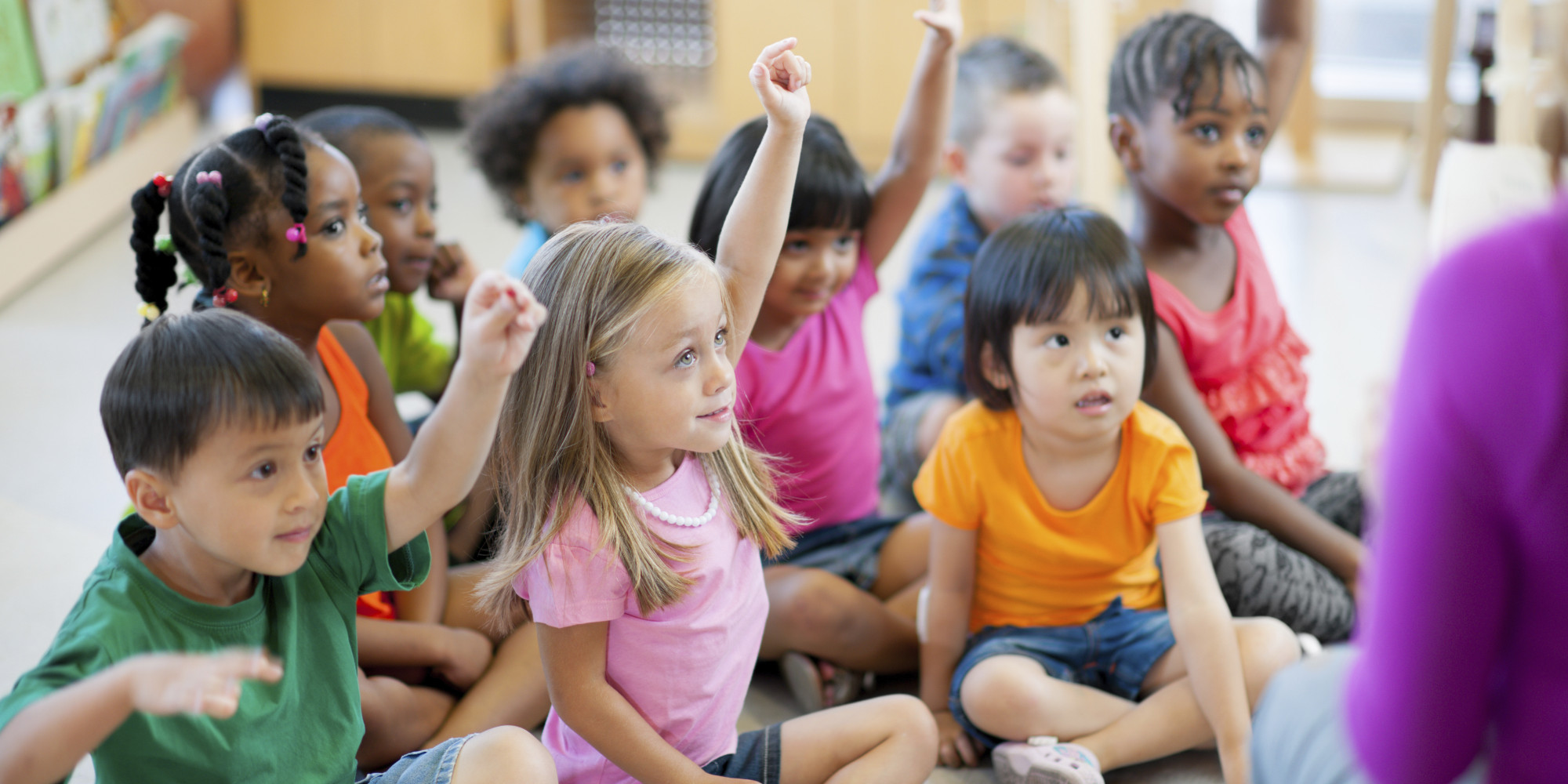
The Think Equal program is taught four days a week for half an hour each day. It includes overall core themes like:
-
Empowerment
-
Mindfulness and Self
-
Emotional Intelligence
-
Gender Equality
-
Diversity and Inclusion
-
Kindness and Sharing, Environmentalism
-
Peace and Conflict-Resolution.
Storytelling is used to teach lessons under each theme, with two books by much loved children’s author Sybil Wettasinghe also included in the curriculum. For instance, her Marvellous Me focuses on building self-esteem, while her second book for the programme How I Feel teaches children about emotions.
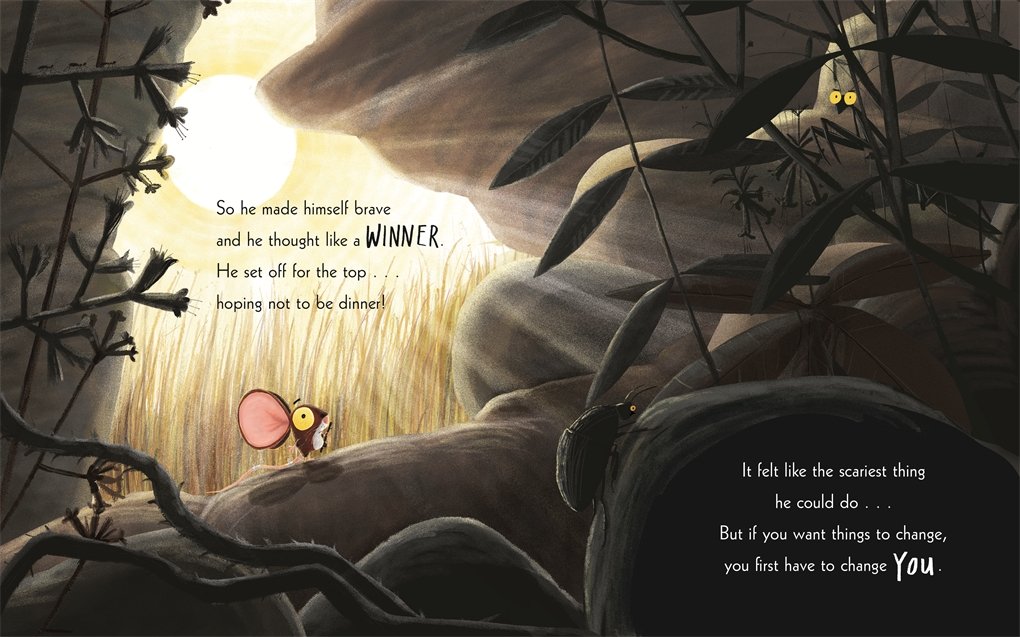
As a parent, child rights lawyer and citizen of Sri Lanka, Salpitikorala feels that Think Equal is a much needed program in the country. “In a society where racial hatred, child rape and gender-based violence is at its highest, it is time we adopt this system and promote it in all schools all over the country.”
*Name has been changed
Cover image credits: Pinterest

